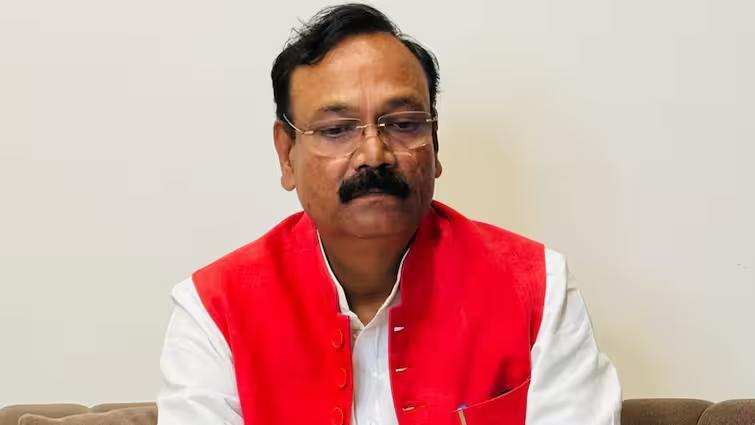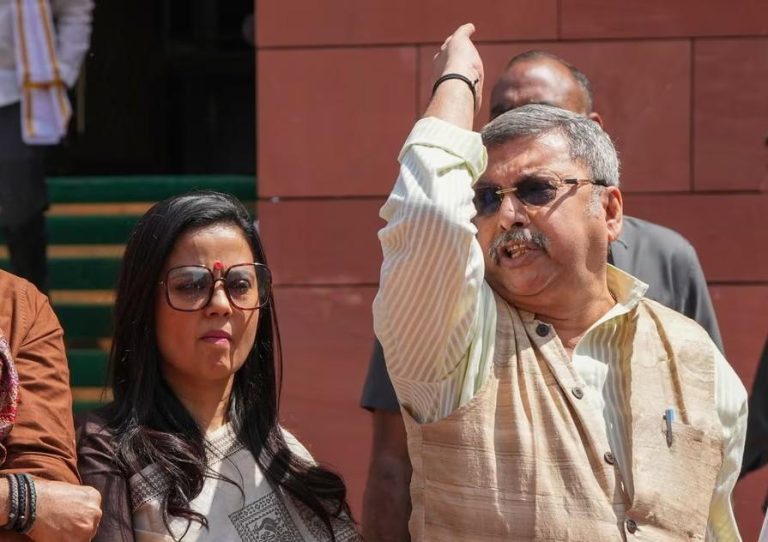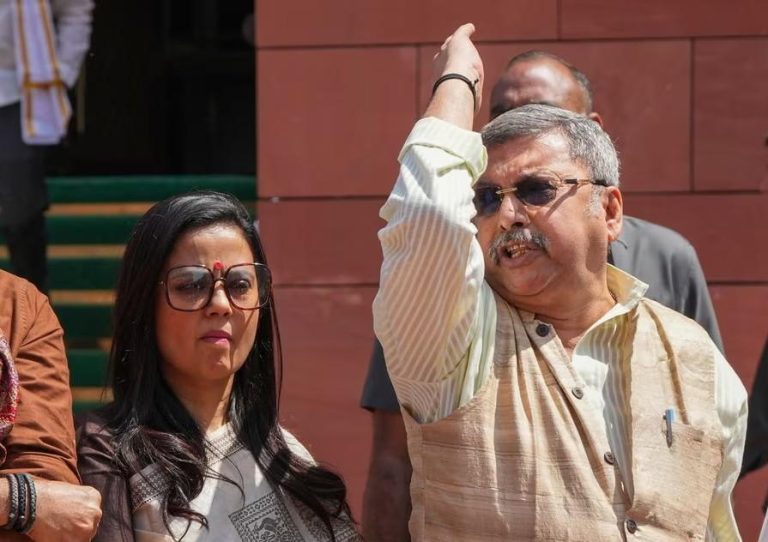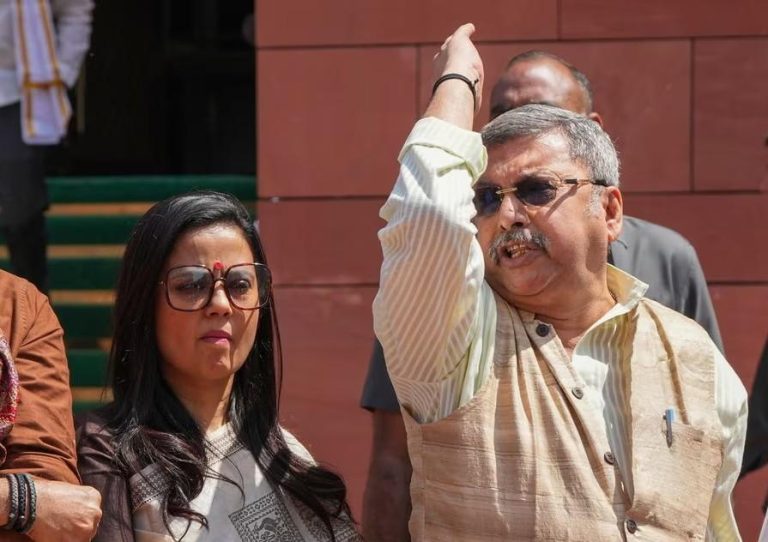
BJP MP seeks to rename Delhi roads after Hindu, Sikh warriors
In a recent development, BJP MP Rajkumar Chahar has raised a stir in the Lok Sabha by urging the government to rename several roads in Delhi after Hindu and Sikh warriors. Chahar’s proposal comes at a time when the country is celebrating its rich cultural heritage and its brave warriors who fought for the nation’s independence.
During the Zero Hour, Chahar brought up the issue and emphasized that several roads in the prestigious Lutyens Zone of Delhi were named after Mughal rulers. He strongly felt that these roads should be renamed after Indian heroes who fought for the country’s freedom and unity.
Chahar specifically mentioned Prithviraj Chauhan, a renowned Hindu warrior, and Guru Gobind Singh, a revered Sikh leader, as the individuals whose names should be etched on these roads. Prithviraj Chauhan, who ruled Delhi in the 12th century, is remembered for his bravery and his defeat of Muhammad of Ghor, a Turkish invader. Guru Gobind Singh, on the other hand, was a prominent Sikh leader who played a crucial role in the Indian freedom struggle.
Chahar’s proposal has sparked a heated debate on social media, with many people expressing their support for the move. Some have argued that renaming roads after Hindu and Sikh warriors would be a fitting tribute to their bravery and sacrifices. Others have criticized the move, citing concerns about the potential divisiveness and the erosion of secular values.
However, Chahar’s intentions seem to be motivated by a desire to promote national unity and pride. He has emphasized that the proposal is not intended to perpetuate religious differences, but rather to recognize the contributions of Indian heroes who fought for the country’s freedom and unity.
The issue of renaming roads is not new in India. In the past, several roads have been renamed to reflect the country’s cultural and national identity. For instance, the famous “Minto Road” in Delhi was renamed as “Hastings Road” in 2005 to honor the contributions of Warren Hastings, a British Governor-General of India.
However, this proposal is significant because it seeks to rename roads in the Lutyens Zone, which is considered the heart of Delhi’s administrative and cultural hub. The Lutyens Zone is home to many iconic buildings, including the Parliament House, the Supreme Court, and the Rashtrapati Bhavan.
The proposal has also sparked a debate about the role of history in shaping our national identity. Some historians have argued that the renaming of roads would be a welcome step towards promoting a more inclusive and diverse narrative of Indian history. Others have expressed concerns about the potential distortions and misrepresentations of history that could arise from such a move.
In conclusion, Rajkumar Chahar’s proposal to rename Delhi roads after Hindu and Sikh warriors is a complex issue that raises important questions about national identity, cultural heritage, and the role of history in shaping our society. While there are valid arguments on both sides, it is essential to engage in a constructive and respectful debate about the proposal and its implications.
Source:




